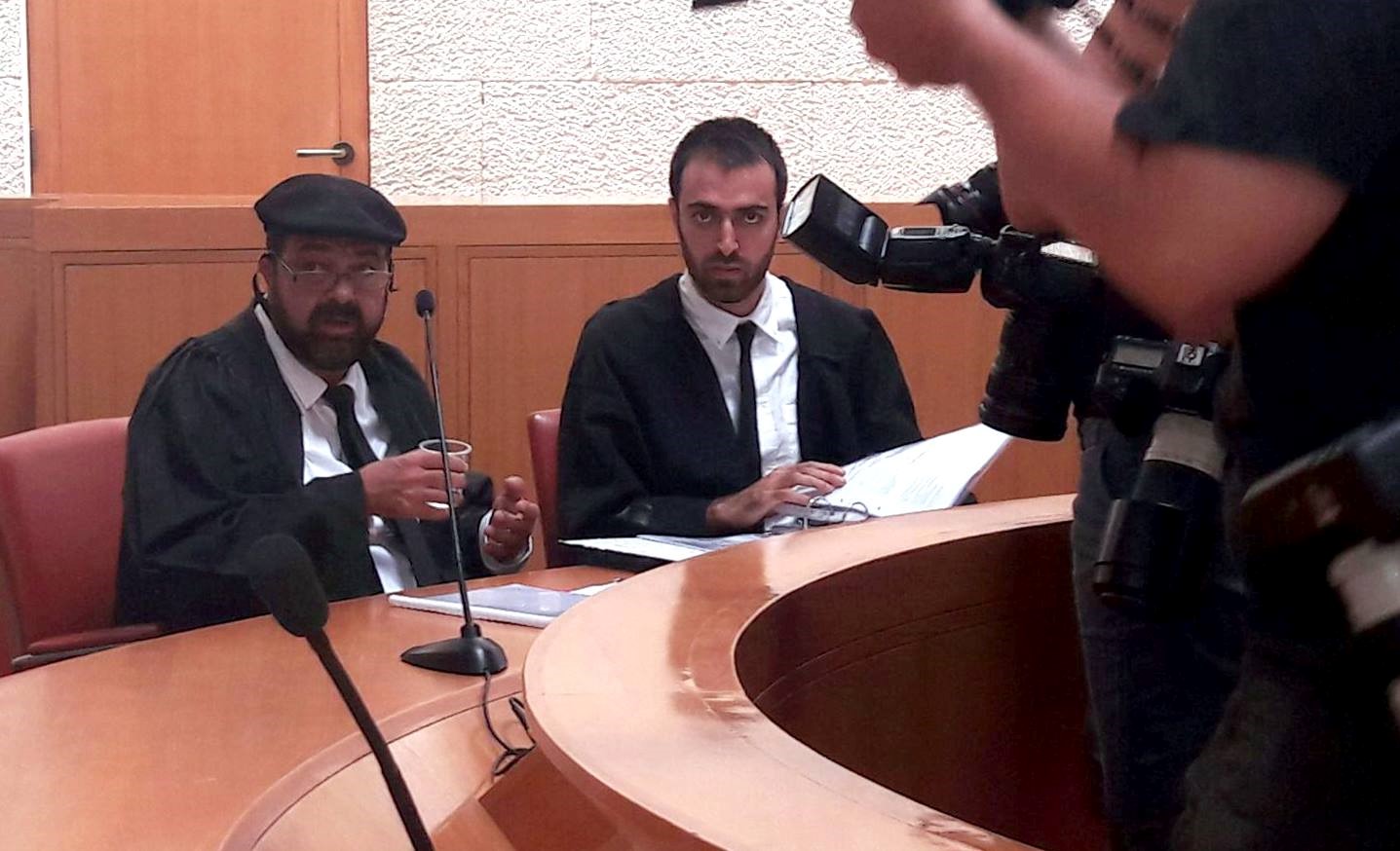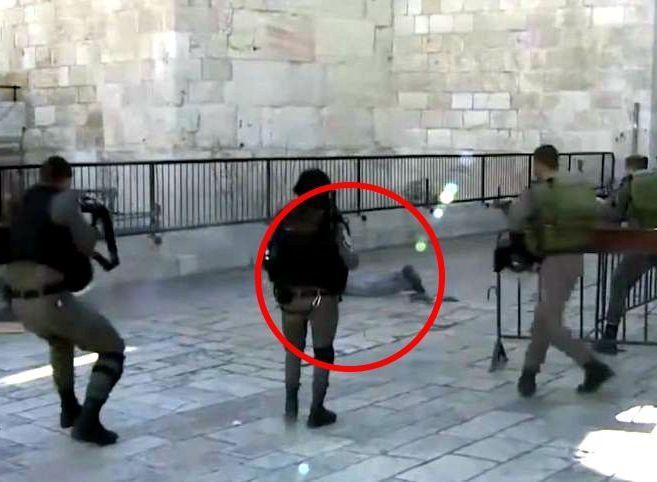Precedent-setting Israeli Supreme Court ruling on Adalah petition: Israeli police not allowed to hold bodies
The Israeli Supreme Court issued a precedent-setting ruling yesterday evening, 25 July 2017, on a petition filed by Adalah – The Legal Center for Arab Minority Rights in Israel, declaring that the Israeli police has no authority to hold bodies.
The three-justice panel ruled that there is no Israeli law specifically authorizing the police to hold bodies.
[CLICK HERE to read an English translation of the Supreme Court ruling]
Adalah had filed the petition on behalf of the families of the deceased on 20 July 2017 demanding Israeli police perform autopsies and immediately return for burial the bodies of the three suspects involved in the 14 July shooting attack at Al Aqsa Mosque compound in Jerusalem.
Adalah's General Director, Attorney Hassan Jabareen, and Adalah Attorney Mohammed Bassam filed the petition and represented the families of the deceased alleged assailants Mohammed Ahmed Musa Jabareen, 29, Mohammed Hamed Jabareen, 19, and Mohammed Ahmed Mfadi Jabareen, 19, before the Supreme Court.
The Supreme Court ruled yesterday evening that Israeli police must return the bodies to their families for burial within 30 hours.
In addition, the court determined that police may set conditions according to which the funerals may be held, and that the bodies must be released at least two hours before the funerals.

Adalah General Director Hassan Jabareen (left) and Adalah Attorney Mohammad Bassam prepare for the Supreme Court hearing in front of news photographers. (Photo by Rajaa Natour/Adalah)
Supreme Court Justices Yoram Danziger, Daphne Barak-Erez, and David Mintz ruled yesterday evening they accepted Adalah's petition because "the state did not indicate the source of [legal] authority that allows it to hold bodies as a condition for agreement upon funeral arrangements."
The Supreme Court rejected the state's position that conditioning the return of bodies is legal in accordance with a general police order that provides an officer is permitted to carry out "any action that is necessary" in order to maintain public order. The justices ruled that "the police's position conflicts with the need for detailed [legal] authorization for any action that harms a basic right. In our eyes, a number of basic rights hang here in the balance, first and foremost the right to human dignity."
"This precedent-setting ruling determines in a most detailed manner that the police have no authority to hold bodies of deceased individuals, and the police may not use bodies as bargaining chips even for purposes that the police feel are legitimate objectives. We hope that this ruling will put an end to the police practice that has become increasing common over the past several years – particularly in East Jerusalem cases – causing serious harm to basic human rights and to the rule of law."
~ Adalah Attorney Mohammad Bassam, in the wake of the Supreme Court ruling
This case is not the first time that the Israeli police or political leaders have refused to return the bodies of deceased Palestinians (both citizens of Israel and residents of the Occupied Palestinian Territory (OPT)) who assaulted or who were alleged to have harmed or killed Israeli civilians or police and were killed by state agents.
Case Citation: HCJ 5887/17 Ahmed Musa Jabareen, et. al. v. The Israeli police, et. al. (decision delivered 25 July 2017)
- CLICK HERE to read Adalah's petition, 20 July 2017 [Hebrew]
- CLICK HERE to read the state's first response, 23 July 2017 [Hebrew]
- CLICK HERE to read the state's second response, 25 July 2017 [Hebrew]
- CLICK HERE to read the Supreme Court ruling, 25 July 2017 [Hebrew]
- CLICK HERE to read the Supreme Court ruling, 25 July 2017 [English]














